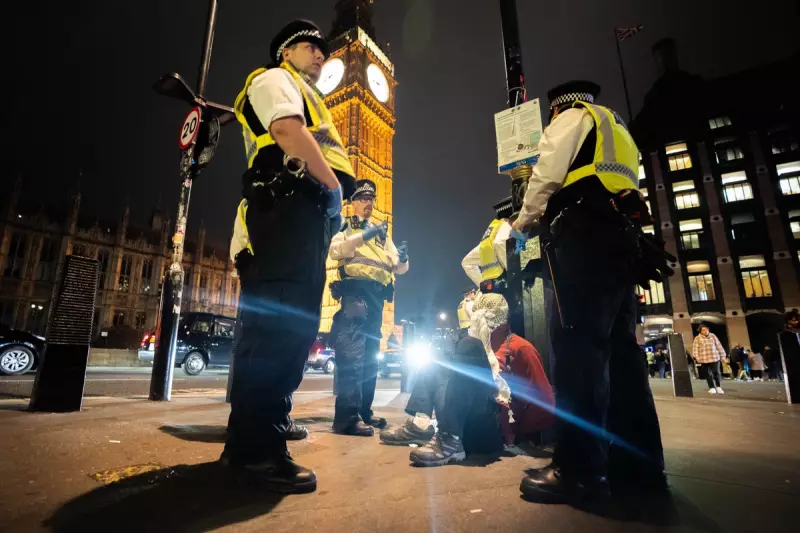
The Metropolitan Police is confronting a significant crisis of confidence after suffering a series of courtroom defeats, with juries repeatedly siding with Palestine solidarity activists over the force's controversial protest policing methods.
In a remarkable pattern of legal outcomes, multiple juries have delivered not guilty verdicts for demonstrators charged in connection with pro-Palestine protests across London. These acquittals represent a substantial blow to the Met's approach to managing large-scale demonstrations and have ignited fresh debate about the boundaries of protest rights in Britain.
A Pattern of Courtroom Defeats
Legal observers note an emerging trend where ordinary citizens serving on juries appear increasingly skeptical of police evidence and justification for arresting protesters. The cases span various demonstrations, including significant gatherings in Trafalgar Square and other central London locations where tensions between police and protesters have escalated in recent months.
One defence lawyer involved in these cases remarked, "When twelve randomly selected members of the public hear the evidence, they're consistently concluding that the police have overstepped their powers. This should give senior officers serious cause for reflection."
Growing Criticism of Protest Policing
The acquittals come amid mounting scrutiny of the Metropolitan Police's tactics during political demonstrations. Human rights organisations and civil liberty groups have repeatedly raised concerns about what they describe as increasingly aggressive policing of protests, particularly those related to international conflicts.
Community leaders and legal experts suggest these jury decisions indicate a growing disconnect between police interpretation of public order laws and how the general public views legitimate protest activity. The verdicts appear to reflect a broader unease with restrictions on freedom of expression during politically charged demonstrations.
Implications for Future Policing
These legal setbacks pose serious questions for Scotland Yard as it prepares for future large-scale demonstrations. The pattern of acquittals suggests that current policing strategies may require fundamental review, particularly regarding the threshold for arrest and the interpretation of public order legislation.
A spokesperson for the Metropolitan Police acknowledged the challenges, stating, "We respect the decisions of the courts and continually review our policing approaches to ensure they remain proportionate and lawful while balancing competing rights and responsibilities."
As legal challenges continue and further protest cases approach trial, all eyes remain on whether this pattern of jury verdicts will prompt a significant shift in how Britain's largest police force manages political demonstrations in the future.





